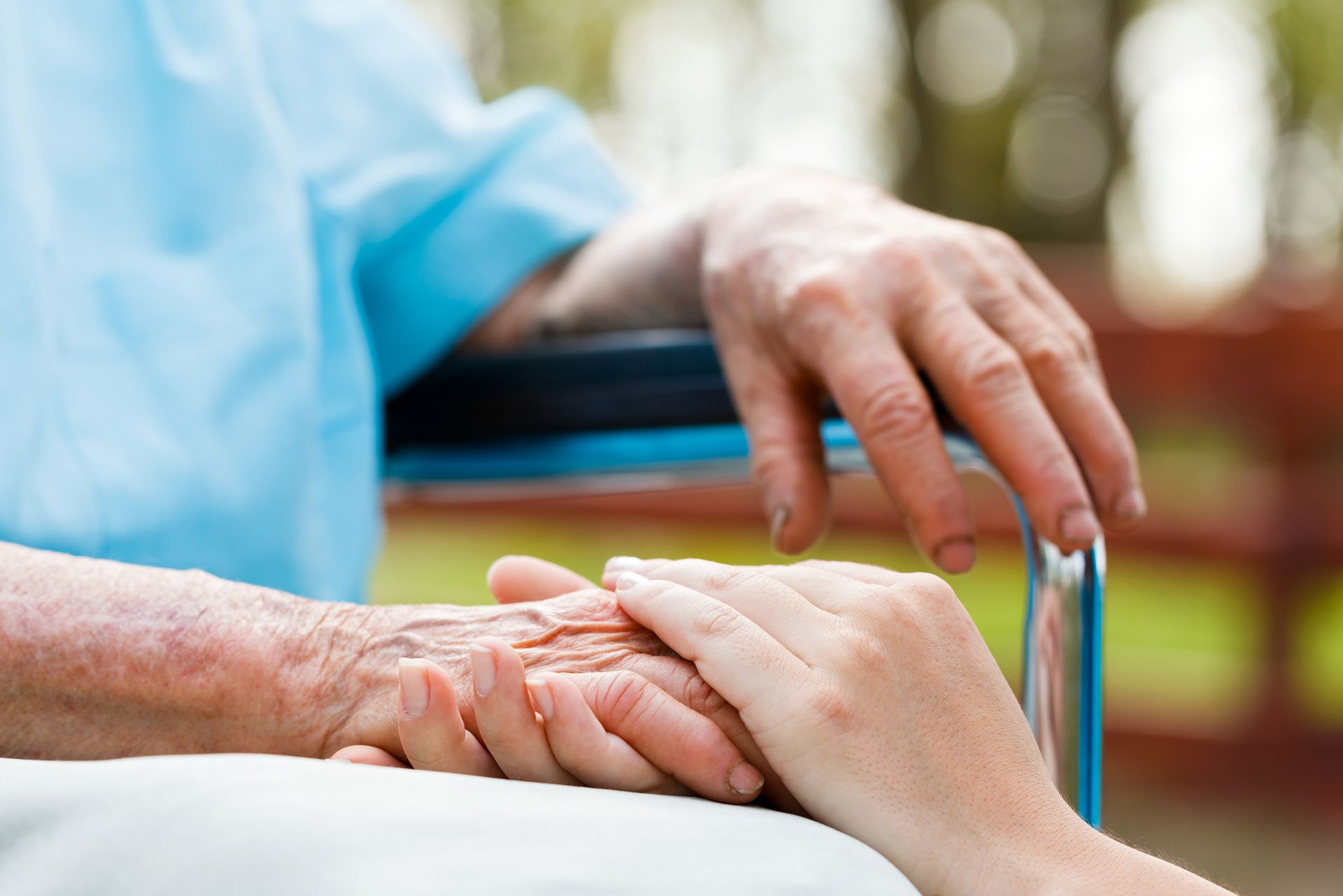4 Common Causes of Medical Injury in the Elderly

Unfortunately, medical malpractice is common, and while most healthcare providers do their best to avoid malpractice, there are many common causes and mistakes that can lead to expensive lawsuits, especially when seniors are involved. If you would like to know more to better protect yourself as a medical practitioner from medical malpractice cases, read these four common causes of medical injury in the elderly.
1. Failure to Administer Medications Correctly
A medication error may occur for a wide variety of reasons, such as:
- Incorrect label/information
- Wrong dosage
- Wong medication
Additionally, the medication/information passes a lot of hands before it reaches the patient, so there is more opportunity for error. With seniors, a caregiver may be administering the medication to them. As a result, there are many chances for a possible mistake.
In addition, many seniors take multiple medications, and some medications don't interact well together. For this reason, it's imperative to understand the regulations and directions of any:
- Prescribed medication
- Over-the-counter medication
- Vitamin and supplement
2. Failure to Attend to Patient’s Needs
Negligence is incredibly common, especially in busy settings like nursing homes and hospitals. Negligence can happen on purpose at the hands of caregivers, but in most cases, negligence of certain needs happen by mistake, due to a misunderstanding, or because a caregiver is overworked.
For example, if a patient develops bedsores because no one is repositioning them in the bed, this could be a case of malpractice because someone either neglected their responsibilities on purpose or because they didn’t understand why or how to reposition the patient.
Senior neglect comes in many forms, including:
- Medical neglect
- Emotional neglect
- Personal hygiene neglect
- Basic living needs neglect
As the name suggests, medical neglect includes anything related to health care, such as administering medications. However, depending on the patient's needs, you may be neglecting them if you are:
- Isolating patients
- Not providing mobility devices
- Failing to bathe regularly
- Failing to provide oral hygiene
- Not providing sufficient food/water
- Not keeping the area clean
In some cases, negligence can be helped by giving providers adequate time off and limited hours. Hiring additional staff can also help. In the long run, however, you can help reduce negligence in healthcare settings by:
- Remaining empathetic to patients
- Documenting everything
- Following all guidelines and regulations
3. Failure to Inform of Known Risks
Health care providers must warn patients of all possible risks before treatments, medications, and tests. In healthy patients, this may not be hard. However, seniors may be more prone to experience uncommon side effects and complications.
For example, a patient taking blood thinners may be more prone to bleeding during and after surgery. For this reason, the doctor may recommend they stop taking blood thinners for a short time. If the patient is not informed of the risks by their doctor or caregiver, they may not take the recommendation seriously.
It's also crucial for doctors and healthcare providers to fully know the extent of their patient’s medical conditions and the associated treatment and medications, so they can properly inform them of any potential risks.
4. Failure to Diagnose
Anyone can be misdiagnosed or undiagnosed with a serious condition. Unfortunately, once more, seniors get the short end of the stick. They tend to have more complications that can hide health risks or concerns. They may also have been exposed to certain health hazards for longer, such as cancer-causing materials and chemicals.
Doctors may be inclined to overlook an ache or pain as part of getting older. On the other hand, they may chase an unrelated symptom and end up with the wrong diagnosis. You may be able to reduce the risk of failing to diagnose by urging patients to be honest with their health and habits. Other tips include:
- Listening and considering all the patient's complaints
- Using special computer decision support systems
- Receiving continuing education to learn about new and evolving conditions
No one wants to commit medical malpractice, but mistakes happen, and even experienced doctors can make these mistakes. If you would like to better protect yourself from these cases, you should know more about medical malpractice. For more information, contact us at Spiga and Associates today.











